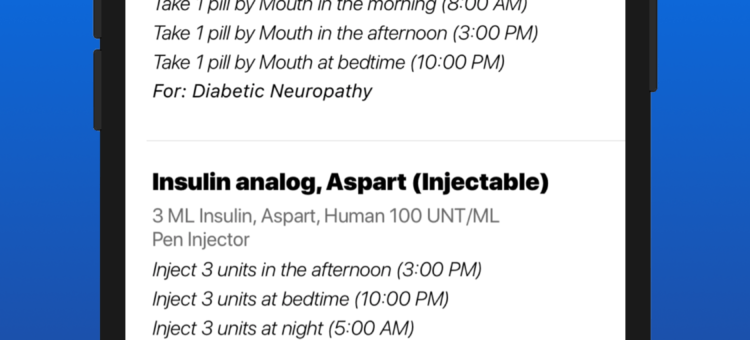If you have plenty of tasks to finish every day, you can get overwhelmed trying to remember to do them all. Keeping up with reminders from friends and family, errands for home, and work- or school-related matters can be a handful; adding a medication schedule on top of that can make things simply impossible.
Antibiotic resistance is becoming a real threat today. It usually happens when a patient does not finish their course of medication. It can affect people of all ages and may lead to contracting worse strains of infection or resistant bacteria or viruses in the future. To avoid this, sticking to your medication calendar is necessary. If you find it hard to recall doctor’s orders, here are a few tips to make them stick:
1. Be aware why you’re taking each of your medicines
Knowing more about what you’re taking will help you remember your schedule. One reason that contributes to people’s lack of follow-through with medication is that they don’t know what the individual pills and tablets are for. If you know why you are taking a specific medication—when you are aware of the benefits it brings you—it becomes easy to remember to take them.
Understanding your condition will make you stick to treatment as well. Diabetics and hypertensive people may find knowing about their medication especially helpful. Conditions like these have little to no symptoms, especially for people who are in young adulthood to middle age. As such, it is difficult to stick to a medication course. Having a clear picture of how your medication helps treat your “invisible” disease will encourage you to take the medicine.
2. Use a daily activity as a signal for medication
Habit formation occurs when you have a trigger that is fulfilled or satisfied through an action taken. It is true for both helpful and harmful habits. Use this behavioral pattern by being intentional about the habits you form around taking medicine.
For example, you can use taking a bath as a trigger for your treatment. If you take a bath at the same time every day, it can become a go signal for your brain to expect a dose of medication. Brushing your teeth works the same way. If you brush at certain hours of the day, you can tie your medication habits to it. Keep your pill bottle in the bathroom, or wherever you brush your teeth. This way, it is easy to reach the medicine and pop a dose in when you have to.
3. Explore apps and mobile phone reminders
You can also use a medication reminder app to help you remember and track your schedule. Apps are a convenient way of setting reminders for yourself. Since nearly everyone uses a smartphone today, it is easier to send them reminders and notifications through their phone.
An app can keep a list of medications for you, and help you customize the alerts for your medications. You can even have your data sent to your relatives or your doctor. A mobile phone-based alert system can also help you create logs of current and previous prescriptions. That will be particularly useful in case you switch healthcare providers or in the event that you need to move to a different city or country.
Conclusion
It can be challenging to complete a treatment schedule, especially for people who have to juggle many roles and responsibilities. Using a medication log app, building habits adapted to medication, and being aware of what your medicine does will help you stay on course.
MedManage helps you create lists and alerts for your medication. If you are looking for a convenient, intuitive medication management app, try out MedManage today.

